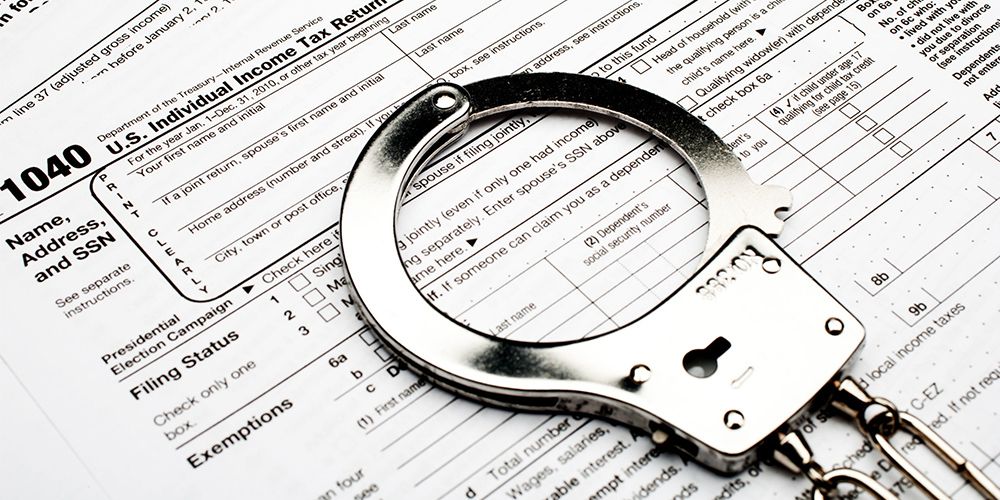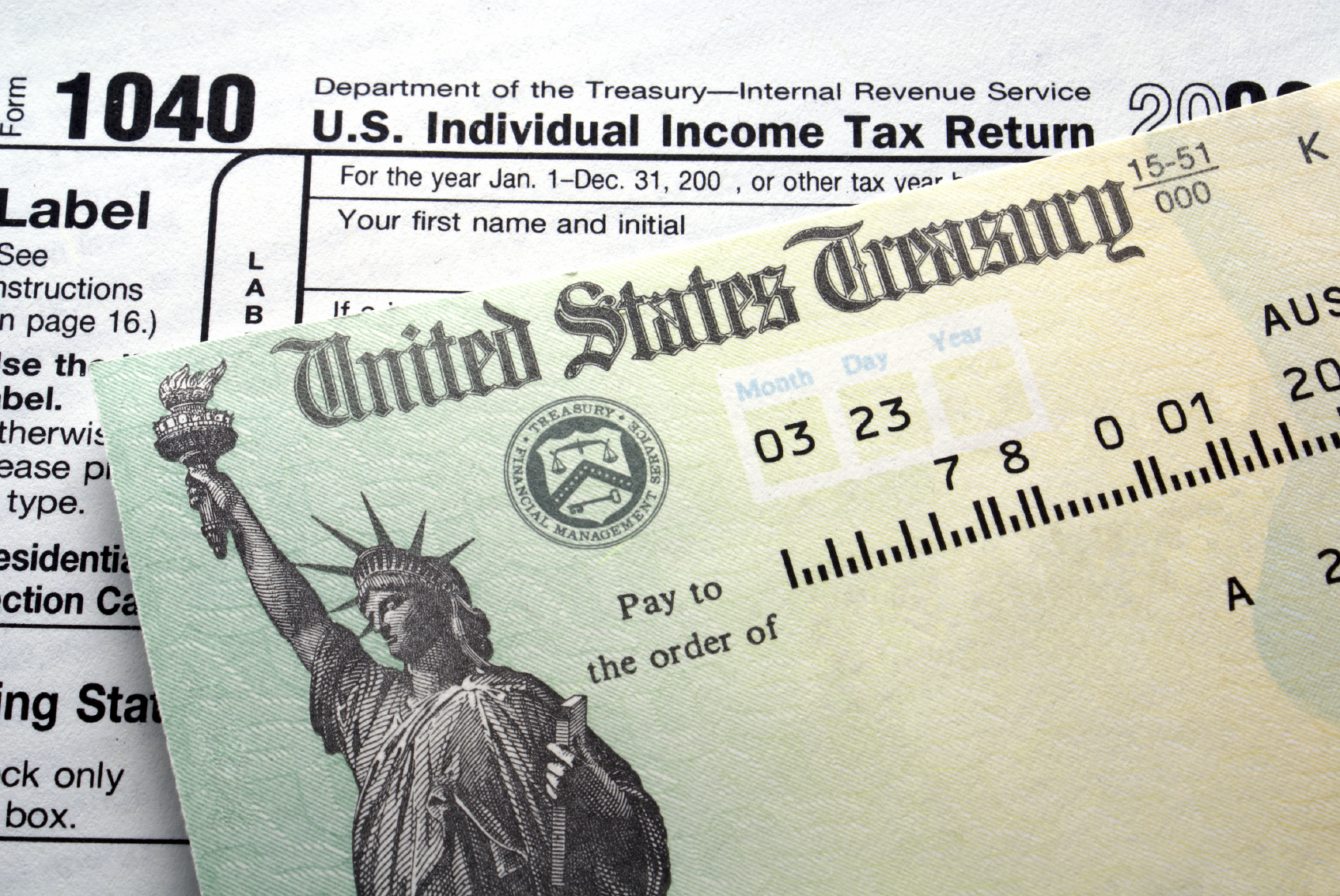IRS SEEKS TO ELIMINATE GIFT AND ESTATE TAX DISCOUNTS ON FAMILY-OWNED BUSINESSES AND ENTITIES
IRS SEEKS TO ELIMINATE GIFT AND ESTATE TAX DISCOUNTS ON FAMILY-OWNED BUSINESSES AND ENTITIES
On August 2, 2016, the Treasury Department issued proposed regulations under the authorization contained in Section 2704(b) of the Code, with a hearing scheduled on December 1, 2016. The proposed regulations will essentially take away all valuation discounts for interfamily transfers of entities controlled by the transferor and his or her family.
I remember back during the Clinton (Bill) administration when the government was seeking to eliminate the ability for taxpayers to claim discounts on transfers of interests in family owned businesses and entities. The government was not able to pass this legislation but was successful in establishing a new Chapter in the Internal Revenue Estate Tax Code (Chapter 14, Sections 2701 to 2704) which restricted the ability of certain “estate freeze techniques” when transferring interests in family-owned businesses.
Now two decades later, it looks like the government is finally getting what it always wanted to eliminate or restrict the use of valuation discounts when it comes to transfers of assets to save on estate and gift taxes. The logic behind valuation discounts (minority interest and marketability discounts) is that if you give a 20% interest in your $100 million business to your child, you’re not giving away $20 million but in fact something worth less because the child cannot turn around and sell the interest for $20 million. Now it is likely that the proposed regulations will not take effect until sometime next year but that being the case it is imperative to complete any discount-related planning throughout the next several months.Some of the major changes that will be adopted in the proposed regulations are discussed below.
The proposed regulations give a broad definition of control. Specifically, control is holding 50% of equity in an entity (corporation, partnership or LLC). For a limited partnership, control is equivalent to having an interest in the general partner.
Under Section 2704(a) the lapse of a voting right or liquidation right in a family owned entity is treated as a transfer by the individual holding the right immediately before it lapses. The current regulations exempt such a transfer if the rights with respect to the transferred interest are not restricted or eliminated. The proposed regulations would deny such exemption for transfers occurring within three years of death if the entity is controlled by the transferor and members or his or her family immediately before and after the lapse.
The proposed regulations will significantly change valuations for transfer tax purposes of interests in family owned entities that are subject to restrictions on redemptions or liquidations. Specifically, such restrictions will be disregarded in valuing such an interest for gift/estate tax purposes when the interest in transferred by a family member. The reasoning for this is the fact that after the transfer the restriction will lapse or can be removed by the transferor or a member of his or her family.
The proposed regulations remove nearly all discounts by disregarding the interests held by non-family members as well. Interests held by non-family members that may otherwise give such non-family member the power to prevent the removal of a restriction will be disregarded unless those interests have been held for at least three years; make up at least 10% of the entity; the total combined non-family interests is more than 20% of all interests; or they hold a put interest in the entity to receive a minimum value.
The proposed regulations issued under Section 2704 would, if adopted in final form, have a significant impact on the wealth transfer tax valuation of interests in family controlled entities. Essentially, almost no minority discounts would be allowed. So if you are in a situation of having a large estate (over $5million of net value) with interests in entities, whether operating businesses or investment entities, you should contact counsel to see what planning can still be implemented before these benefitsdisappear.











 Follow
Follow Follow
Follow